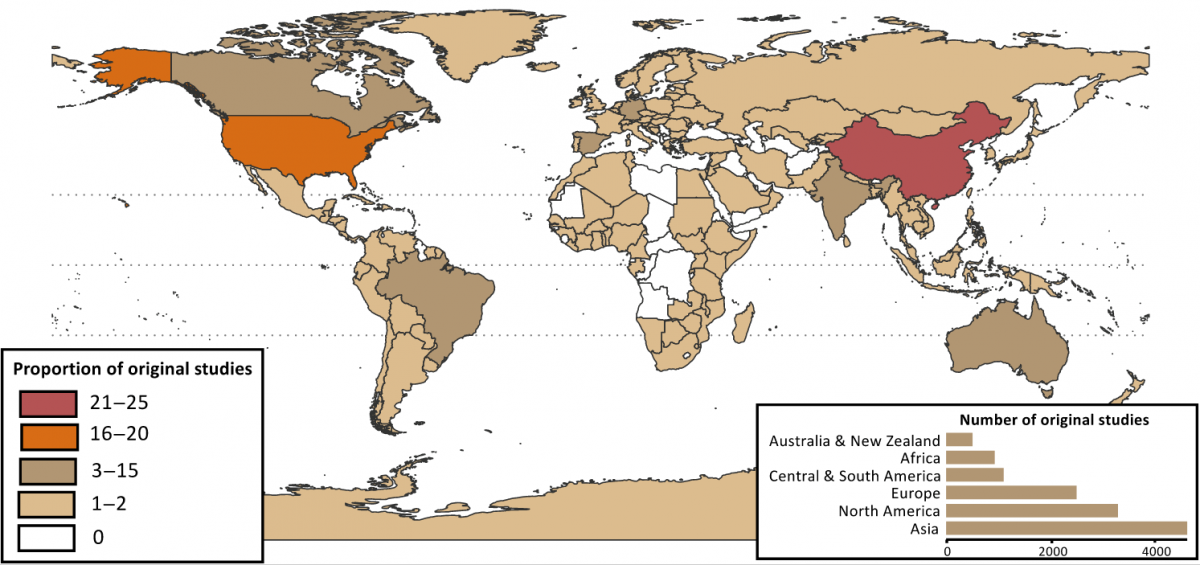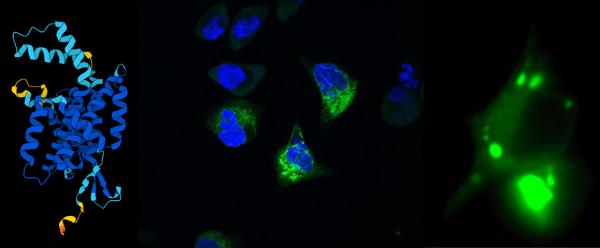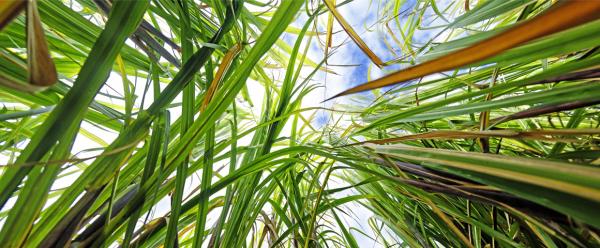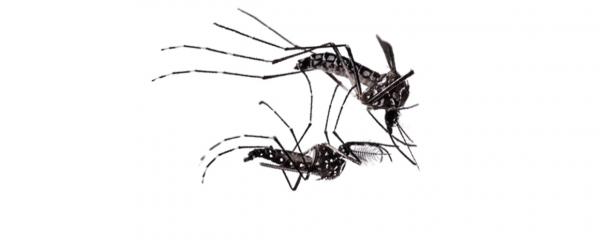Results & impact 2 April 2024
- Home
- Press area
- Press releases
- Soil carbon meta-analysis
Soil carbon: a global overview to pinpoint requirements and address global issues more effectively
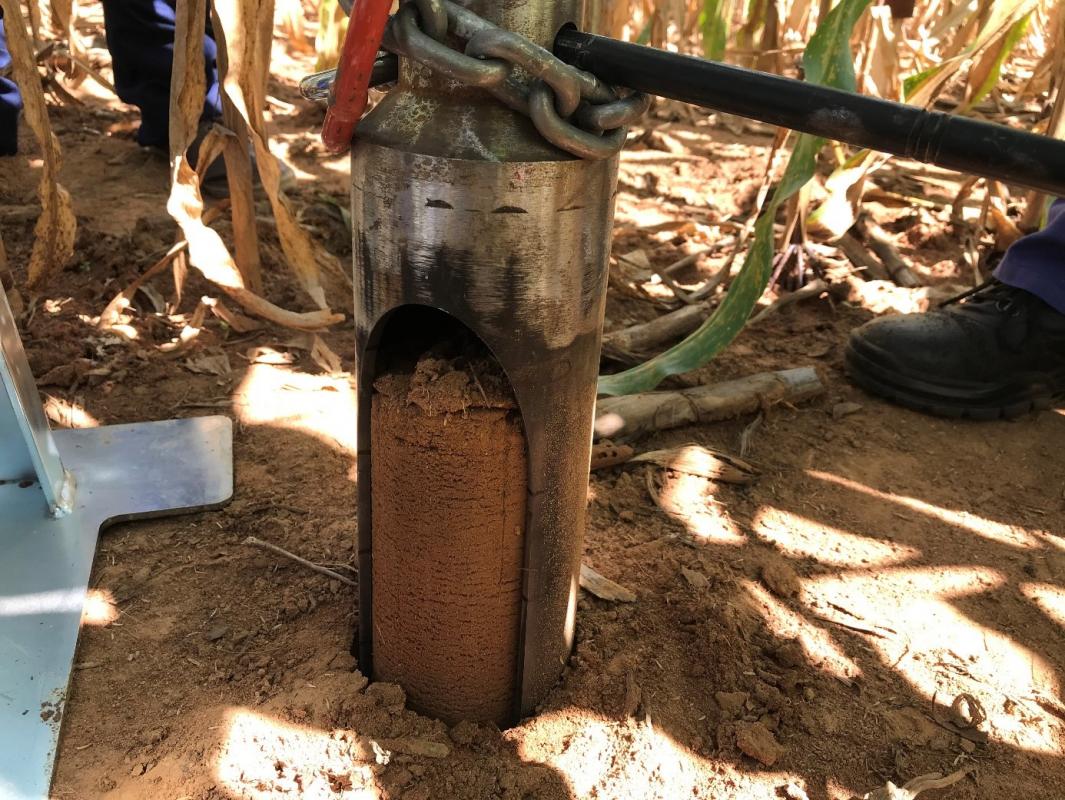
Taking a soil core (to a depth of 1m) to study the impact of conservation agriculture on carbon stocks in Zimbabwe © R. Cardinael, CIRAD
The article's authors – eight CIRAD scientists – compiled 192 SOC meta-analyses, covering 13 200 studies in a total of 150 countries, between 1910 and 2020. "If we are to mitigate climate change, we need to assess the current state of scientific knowledge", says Damien Beillouin, a CIRAD researcher specializing in agronomic data analysis and lead author of the article. "Our work has revealed many grey areas in terms of SOC, despite the multitude of studies on the topic."
A blind spot when it comes to Africa and carbon-rich zones
Of the 13 200 studies considered, almost half were done in either the US or China. In comparison, more than 80% of African countries have done fewer than 40 studies.
"We recorded very few studies of SOC in tropical regions, particularly in Africa", Rémi Cardinael, an agricultural soil scientist at CIRAD who co-wrote the study. "This is an issue, because Africa is one of the zones most affected by climate change."
In Africa, the population is set to double by 2050, resulting in increased food requirements. "Agricultural production will have to be intensified sustainably on existing areas, or extended to natural zones, at the expense of the region's rich biodiversity", he adds.
Map drawn from the article, showing the geographical distribution of the original studies covered by the 192 meta-analyses © Global Change Biology, Damien Beillouin et al., 2021
The authors feel that the knowledge generated by the scientific community often fails to respond to local needs and global issues. This is borne out by the lack of studies from Indonesia, Russia, Peru, Papua New Guinea, Kazakhstan and Democratic Republic of Congo. Those six countries are among the top 15 in terms of national SOC stocks, yet together, they barely account for 1% of the studies covered by the 192 meta-analyses.
Refocusing research efforts on alternative farming practices
The vast majority of meta-analyses are devoted to land management and its impact on SOC.
"When it comes to land management, most studies look at agricultural land and the effects of conventional practices such as mineral and organic fertilization or crop residue management", Damien Beillouin points out. "However, more complex cropping systems involving agroecology and crop diversification, such as agroforestry or mixed cropping, have not yet been widely studied." "Moreover, little is known about the effects of different irrigation practices, or deep-rooted crops", Rémi Cardinael adds.
Wetlands have seen ten times fewer meta-analyses, despite the global issue of how to maintain their high carbon stocks.
Furthermore, the effects of climate change on SOC, such as extreme rainfall events or droughts, have also been largely overlooked by meta-analyses, whereas it is vital that they be taken into account to build global climate models.
A need for transparency and for access to data
Between 30 and 40% of the meta-analyses compiled give open access to their database. For Damien Beillouin, that is not enough: "Without open data that are freely accessible to the scientific community, it is difficult to check the hypotheses and calculations used in meta-analyses, and to update them with newly generated knowledge. That lack of transparency casts doubt on the quality of meta-analyses and their reproducibility."
This work highlighted the urgent need to coordinate SOC research more efficiently. It has provided pointers in terms of the geographical zones and farming practices for which the lack of knowledge is most marked. Above and beyond scientific aspects, better coordination is vital for the emergence of effective public policies on climate change mitigation.
Reference
Damien Beillouin, Rémi Cardinael, David Berre, Annie Boyer, Marc Corbeels, Abigail Fallot, Frédéric Feder, Julien Demenois. 2021. A global overview of studies about land management, land-use change, and climate change effects on soil organic carbon. Global Change Biology.
























